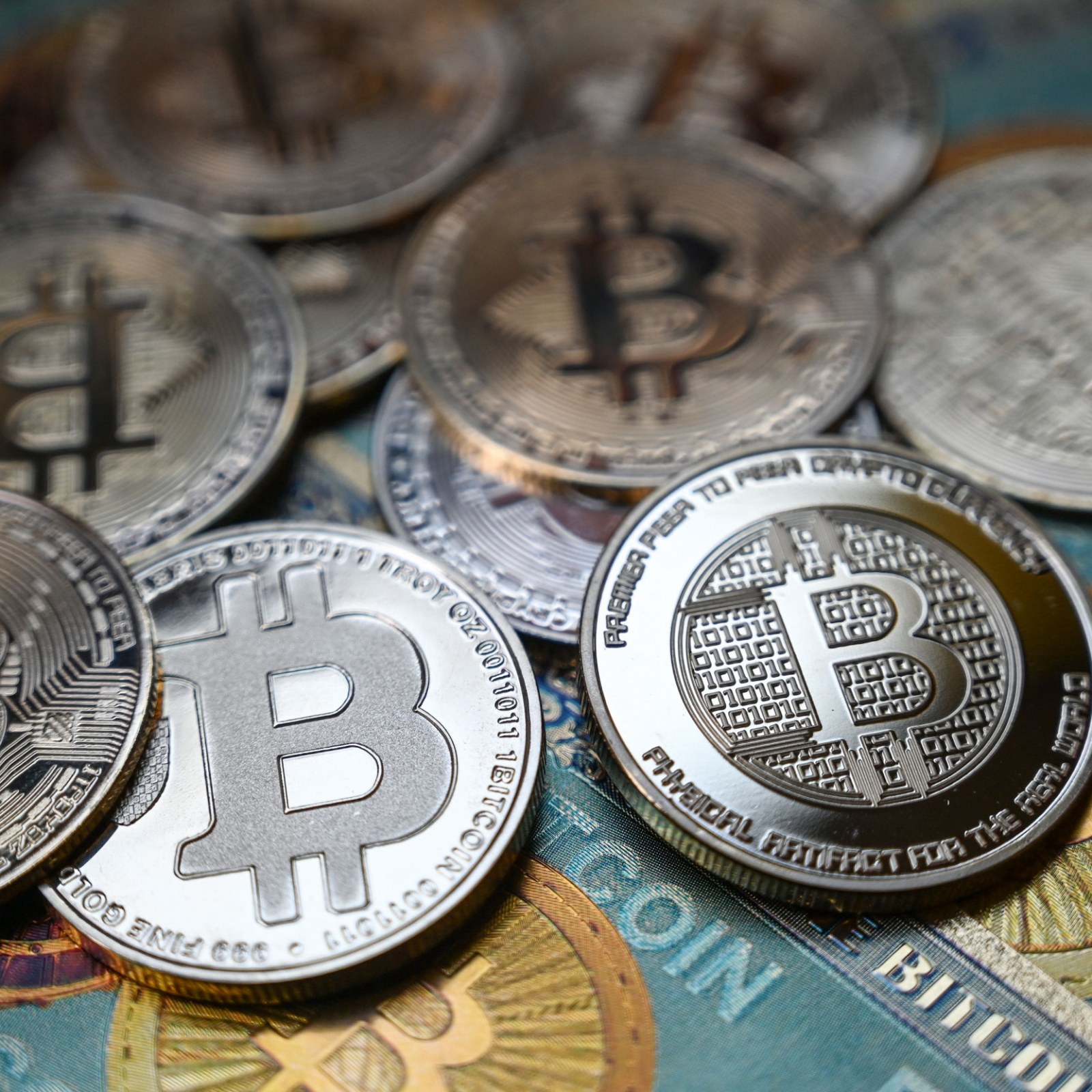Why Big Banks Haven’t Warmed Up to Cryptocurrencies
In 2017, cryptocurrencies captured the public’s attention and put blockchain on the map in more ways than one. The total cryptocurrency market cap grew exponentially and at one point in December of last year, it was valued at over $600 billion. This price increase brought cryptocurrencies into the spotlight and instigated mainstream media interest in this technology. But what exactly are cryptocurrencies? And how do they work? What makes them so valuable? Let’s take a look at the basics behind cryptocurrencies, how they work, what they’re used for, and why people are excited about them now. Here are the things to know and understand about the bitcoin market, if you are interested in Bitcoin.
Introduction
Digital currency continues to grow in popularity, but it’s still not taken seriously by many. Since cryptocurrencies like Bitcoin are only accessible digitally. Traditional banks and financial institutions have refused to adopt them into their portfolios. This has limited their customer base. But there are ways that crypto and traditional finance can work together. Here’s a look at some of these partnerships.
There’s no need for a middleman
Since Bitcoin is decentralized, there’s no need for a third party or middleman between buyer and seller. It also means that cryptocurrency transactions are final—once you make a transaction, it can’t be reversed. Once the money is transferred, it’s now in your account. If you forget your password or lose your funds. There’s no central bank or other authority that can take back its digital currency and refund your account.
There’s no regulation in cryptocurrencies
The U.S. Commodity Futures Trading Commission (CFTC) states They exist in an unregulated black-box environment. This also means there’s no central bank, deposit insurance, or federal deposit protection in place, either. Also, it’s worth noting that bitcoins have value only because people perceive them to have value. If people stop believing in their value or worry about their long-term safety. Then demand could dry up very quickly and cause prices to fall drastically. Again leading you to potentially lose everything invested.
Only the wealthy can afford them
They exist outside of government and bank control—which is also one of its biggest drawbacks. The wealthy can afford to buy cryptos in exchange. But many potential users may not have enough money to buy even a small amount. Furthermore, cryptos need special software to use them. That means that a lot of these currencies might only be useful among those with disposable income and existing digital knowledge. Those people aren’t necessarily your typical bank customers—though big banks are working on changing that.
The technology is still new
Some of these tech problems are bound to get ironed out as time goes on. Plus, it’s a new technology, so there may be kinks that need working out. However, big banks likely won’t take too kindly to taking a risk on something they don’t understand fully. Sure, they’ll want to understand what cryptocurrencies are and whether it would work for them, but will they put their money where their mouth is? Unlikely.
Some think it’s used by criminals and terrorists
Regardless of whether that’s true or not. Cryptocurrencies have faced significant criticism from some high-level regulators in recent months. In a recent interview with CNBC, U.S. Treasury Secretary Steven Mnuchin said. He had no idea what bitcoin is and therefore could not speak on its legitimacy as a currency. And although Federal Reserve Chair Janet Yellen has admitted that digital currencies may hold long-term promise. She added: I think it’s important for [bitcoin] not to become a haven for illegal activity. That response isn’t surprising, considering cryptocurrencies’ ties with illicit dark markets like Silk Road. Which was shut down by authorities in 2013 after nearly $1 billion worth of Bitcoin transactions had gone through its site.
Conclusion
Trust is a sensitive topic. No matter how tech-savvy we become, people still crave and need interpersonal relationships. And with billions of dollars on its line, no bank in its right mind is going to give that up without a fight. Still, there are plenty of opportunities for crypto and banks to work together. If they can figure out how—and make sure they’re listening—it could be a win-win for both sides. And just maybe even change how we all do business forever.


